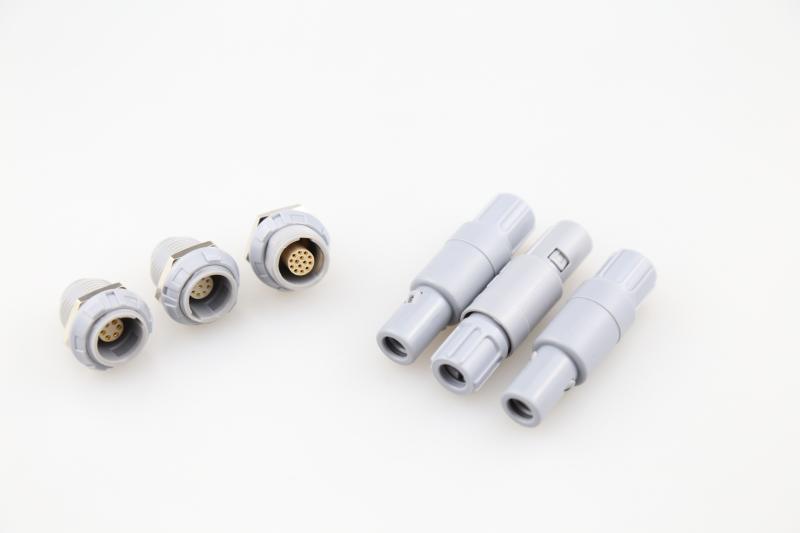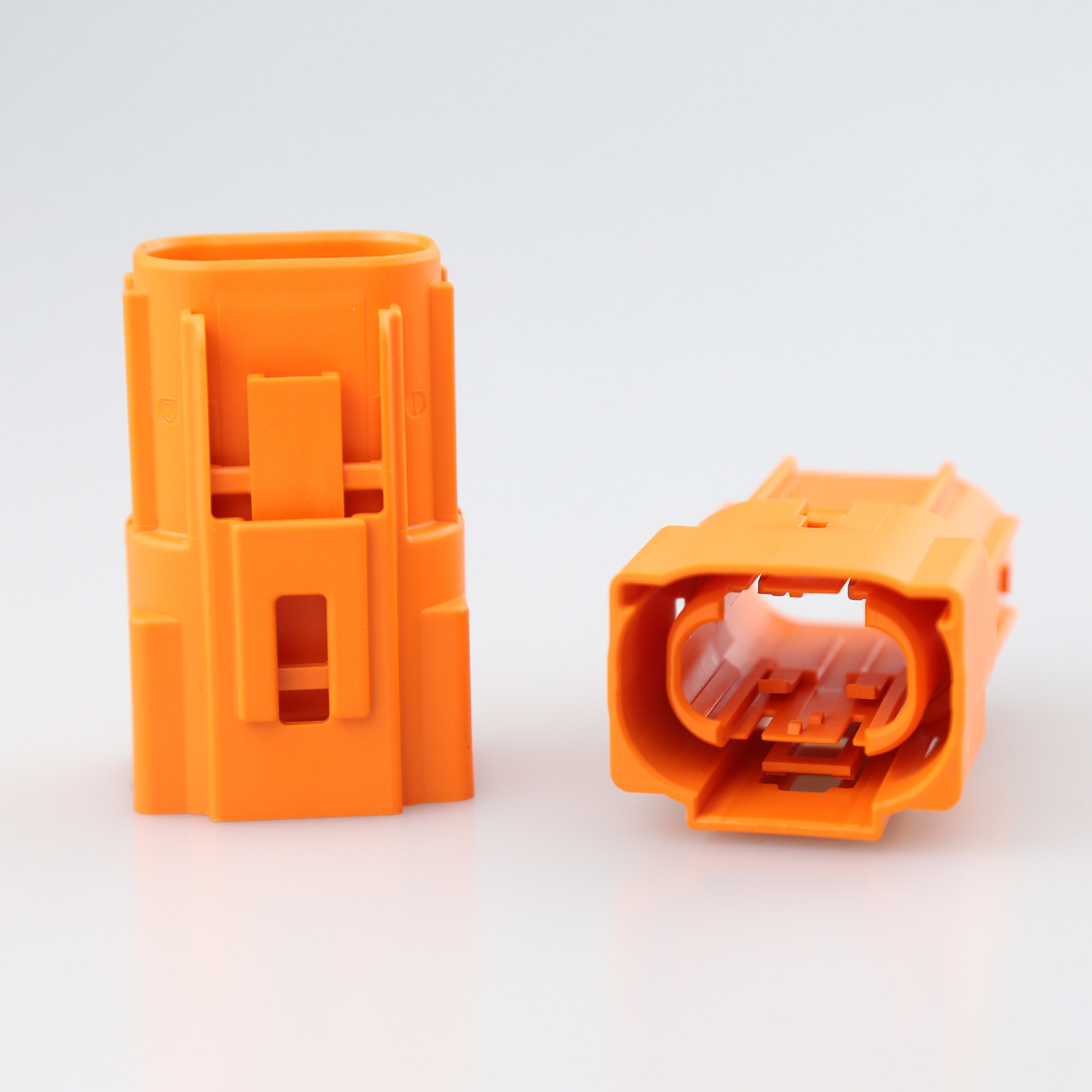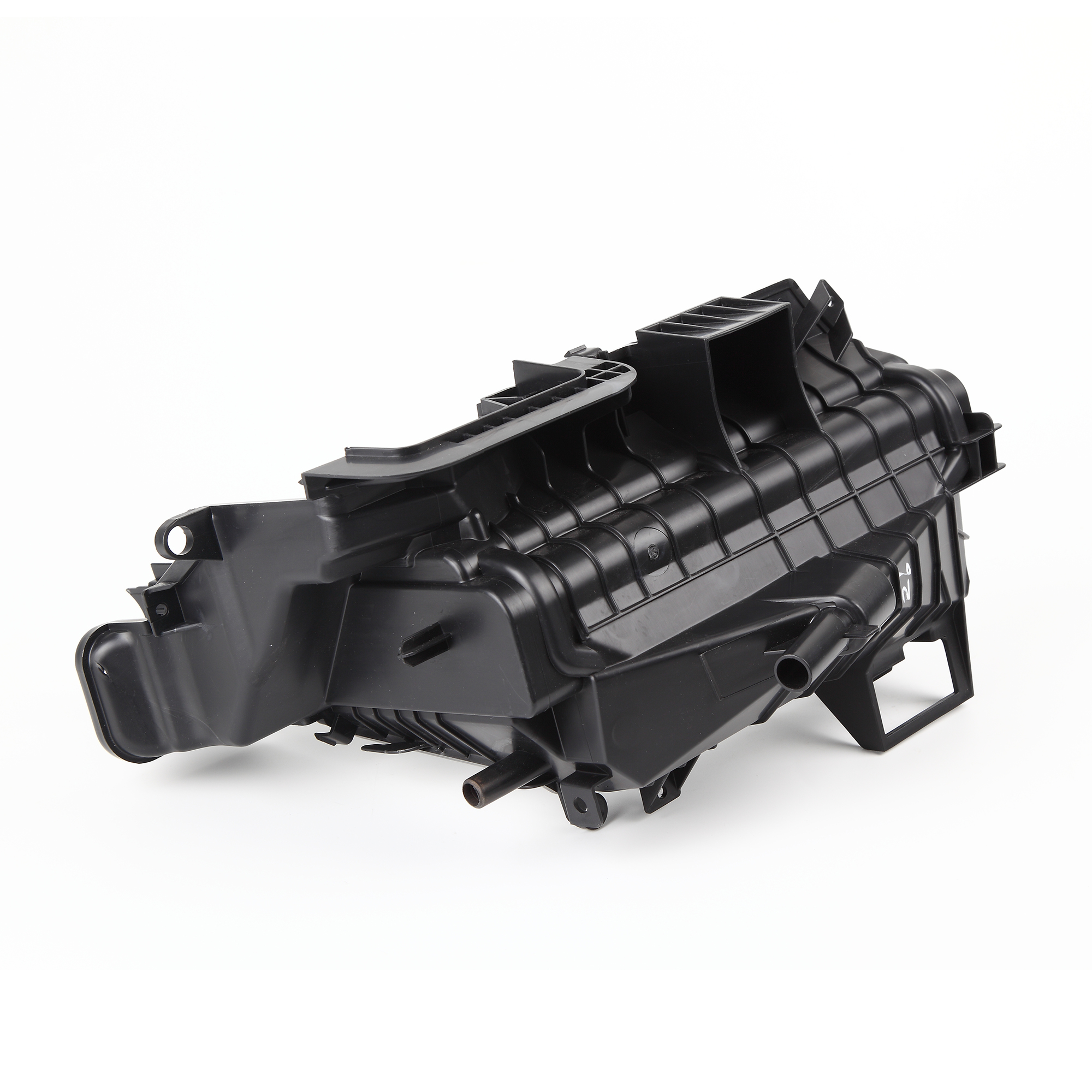



In the world of modern manufacturing, the role of a tooling maker is pivotal. These skilled professionals are the architects behind the precision tools that produce everything from automotive parts to consumer electronics. As manufacturing processes become increasingly sophisticated, the demand for precision and quality in tooling has never been higher. This article explores the critical role of tooling makers, the skills they bring to the industry, and how they contribute to the efficiency and success of modern manufacturing.
Tooling makers, also known as tool and die makers, are responsible for designing, creating, and maintaining the tools used in manufacturing processes. These tools include dies, molds, jigs, and fixtures, all of which are essential for shaping, cutting, and assembling materials with high precision. The accuracy and quality of these tools directly impact the quality of the final products.
Design and Engineering: Tooling makers work closely with engineers and designers to develop tools that meet specific manufacturing needs. They use computer-aided design (CAD) software to create detailed blueprints and models, ensuring that each tool is designed to exact specifications.
Fabrication and Machining: Once a design is finalized, tooling makers use advanced machining equipment, such as CNC (Computer Numerical Control) machines, to fabricate the tools. This involves cutting, grinding, and shaping metal and other materials with extreme precision.
Assembly and Testing: After fabrication, the tools are assembled and tested to ensure they function correctly. Tooling makers perform rigorous quality checks and make any necessary adjustments to achieve the desired performance.
Maintenance and Repair: Tooling makers also play a crucial role in maintaining and repairing tools. Regular maintenance ensures tools remain in optimal condition, while timely repairs prevent production downtime and ensure continuous manufacturing operations.
Tooling makers possess a unique blend of technical skills, creativity, and problem-solving abilities. Some of the key skills and expertise required in this profession include:
Technical Knowledge: A deep understanding of materials science, metallurgy, and machining processes is essential. Tooling makers must know how different materials behave under various conditions and how to manipulate them to achieve precise results.
Precision and Attention to Detail: The ability to work with extremely tight tolerances is crucial. Even minor deviations can lead to significant issues in the final product, so tooling makers must be meticulous in their work.
Problem-Solving Abilities: Manufacturing challenges often arise, requiring tooling makers to troubleshoot and devise innovative solutions. Their problem-solving skills help ensure smooth and efficient production processes.
Proficiency with Technology: Modern tooling makers must be proficient with CAD software, CNC machines, and other advanced technologies. Continuous learning and adaptation to new tools and techniques are necessary to stay current in the field.
Collaboration and Communication: Tooling makers frequently collaborate with engineers, designers, and production teams. Strong communication skills are essential for understanding requirements, providing feedback, and ensuring everyone is aligned on project goals.
The contributions of tooling makers are integral to the success of modern manufacturing. Their work impacts several key aspects of the industry:
Quality and Consistency: High-quality tools produce high-quality products. Tooling makers ensure that tools are manufactured to exact specifications, resulting in consistent and reliable products that meet or exceed industry standards.
Efficiency and Productivity: Well-designed and precisely crafted tools streamline manufacturing processes, reducing waste and increasing efficiency. This leads to higher productivity and cost savings for manufacturers.
Innovation and Customization: Tooling makers enable innovation by creating specialized tools for new and custom products. Their expertise allows manufacturers to develop unique solutions tailored to specific needs, driving innovation in various industries.
Economic Competitiveness: By ensuring high-quality and efficient production, tooling makers help manufacturers remain competitive in the global market. Their skills and craftsmanship contribute to the overall success and growth of the manufacturing sector.
Tooling makers are the unsung heroes of modern manufacturing, providing the precision and quality necessary for producing high-quality products. Their expertise in design, fabrication, and maintenance of tools ensures efficient and reliable manufacturing processes. As technology continues to advance, the role of tooling makers will remain essential, driving innovation and maintaining the high standards required in today’s competitive manufacturing landscape. Through their meticulous work and technical prowess, tooling makers are truly masters of precision, shaping the future of manufacturing.